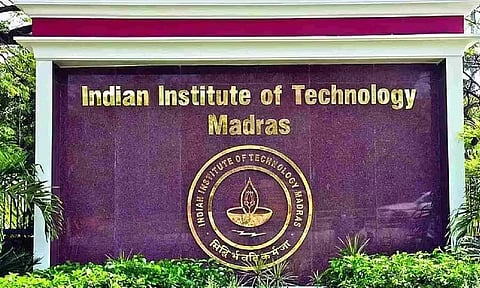

CHENNAI: With an aim to equip the Investigation Officer (IO) of the traffic police with the practical skills required for on-field data collection, collation, and analysis in a structured format, the Centre of Excellence for Road Safety (CoERS) of IIT-Madras is conducting a programme for the Greater Chennai Traffic Police (GCTP) on 'Training on Structured Crash Investigation using Root Cause Analysis Matrix (RCAM)'.
"The programme seeks to impart design thinking skills to the investigation officer (IO) to adopt a human factors or empathy-based approach in identifying the root causes of an accident. This comprehensive systems approach to scientific enforcement powers them to communicate their hypothesis effectively."
Conducted in two parts, the workshop consists of a three-day hands-on training session at IIT Madras followed by the application of the learnings on the field by the IOs in live cases and presenting their findings after a two-week period.
"This workshop aims to equip the IO of the traffic police with the practical skills required for on-field data collection, collation, and analysis in a structured format," said a release from IIT-Madras.
Explaining the need for the programme, R Sudhakar, IPS, Additional Commissioner of Police (Traffic), Greater Chennai Police, said, "This course will have immense value for the police. We sometimes miss the human aspect when investigating traffic accidents and this will help us understand that by instituting a mindset change in how we conduct investigations. With a change in approach of our investigative methods, we hope to achieve a better closure rate which in turn will help us in bringing out more meaningful interventions to prevent future accidents from occurring."
Elaborating on the program, Professor Venkatesh Balasubramanian, Head of CoERS and RBG Labs, said, "By applying design thinking principles in a co-creative environment, we hope to introduce the investigating officers to a more result-oriented approach to crash investigations. Towards this a structured framework called RCAM based on the 'Man, Machine (Vehicle), Method (of driving) and Environment (3M&E) ' model was developed by CoERS. This is a human-centric model towards arriving at a root cause."
"By following a structured analysis, data-driven interventions can be formulated to prevent repetition and overlapping of activities. Often, the human element is forgotten when investigating a crash. Through this course, we are trying to initiate a mindset change where investigating officers will have more empathy," he added.